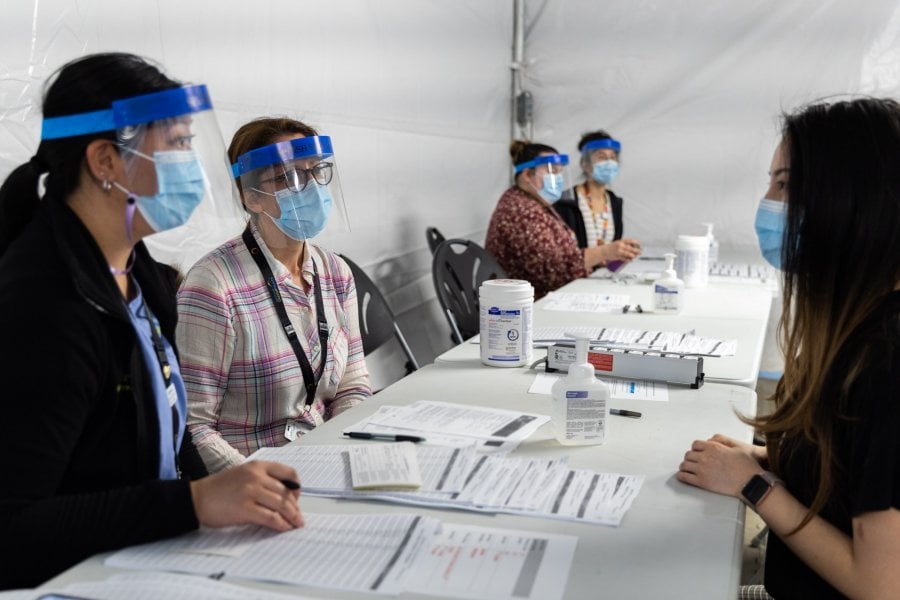Vaccine hesitancy poses threat to efforts to end pandemic
26 March 2021 London School of Hygiene & Tropical Medicine London School of Hygiene & Tropical Medicine https://lshtm.ac.uk/themes/custom/lshtm/images/lshtm-logo-black.png
Although demand for COVID-19 vaccines currently seems high, vaccine hesitancy could pose a major threat to public health efforts to end the pandemic, according to a new editorial published in the journal Science.
The article is authored by Professor Heidi Larson from the London School of Hygiene & Tropical Medicine (LSHTM) and David A. Broniatowski from the George Washington University. It highlights that public sentiment towards vaccines are volatile in the face of events such as the recent controversy surrounding the AstraZeneca vaccine clinical trial data.
For example, some people could develop safety concerns due to the news reporting about the AstraZeneca vaccine and then turn down the chance to get an approved COVID-19 vaccine - thus putting them at risk.
Vaccine hesitant people may have anxiety over safety concerns, or they might belong to a community that historically has mistrusted the medical establishment, according to the editorial.
Unfortunately, public health officials might not address their concerns. The editorial notes that people who are hesitant about getting the COVID-19 vaccine are often dismissed as anti-science. At the same time, the vaccine hesitant can be influenced by false information posted on social media or the internet by anti-vaxx activists and organised anti-vaxx groups.
David A. Broniatowski, Associate Director of the George Washington University Institute for Data, Democracy & Politics, said: “Vaccine hesitant people are targeted by anti-vaxxers and ridiculed by some health care providers. They are therefore doubly at risk.”
So how can vaccine hesitancy be addressed?
Professor Heidi Larson, Director of The Vaccine Confidence Project at the London School of Hygiene & Tropical Medicine, said: “Messages about vaccines must be delivered in a way that is empathetic to avoid stigmatizing people who have questions about the vaccine. Particularly in the context of COVID19, with all its uncertainties, people need to be reassured, and feel that their concerns are heard.
“And, if there is one thing we have learned in all our research, people’s concerns can change. Listening needs to be ongoing.”
Publication
Heidi J. Larson, David A. Broniatowski. Volatility of vaccine confidence. Science. DOI:10.1126/science.abi6488
LSHTM's short courses provide opportunities to study specialised topics across a broad range of public and global health fields. From AMR to vaccines, travel medicine to clinical trials, and modelling to malaria, refresh your skills and join one of our short courses today.